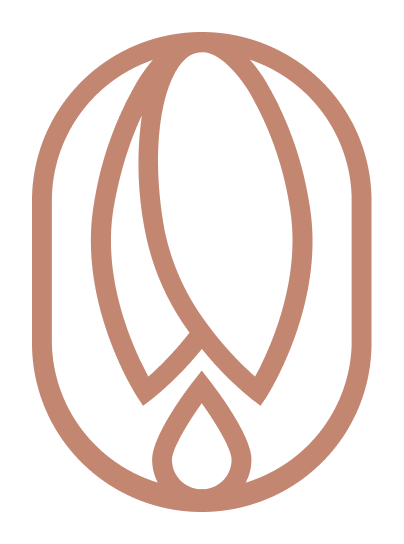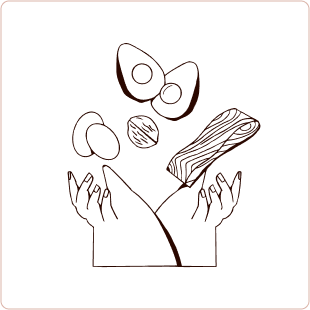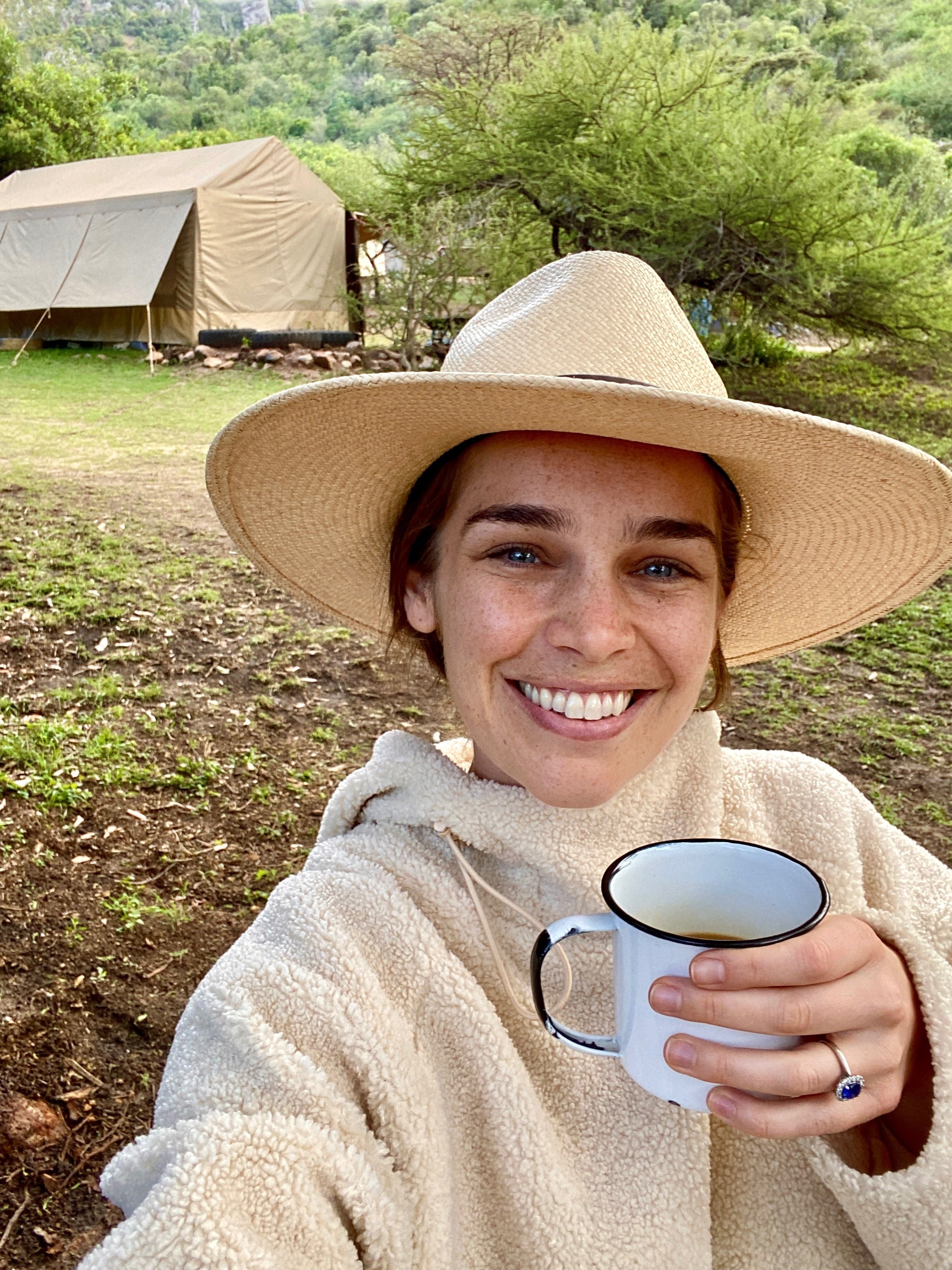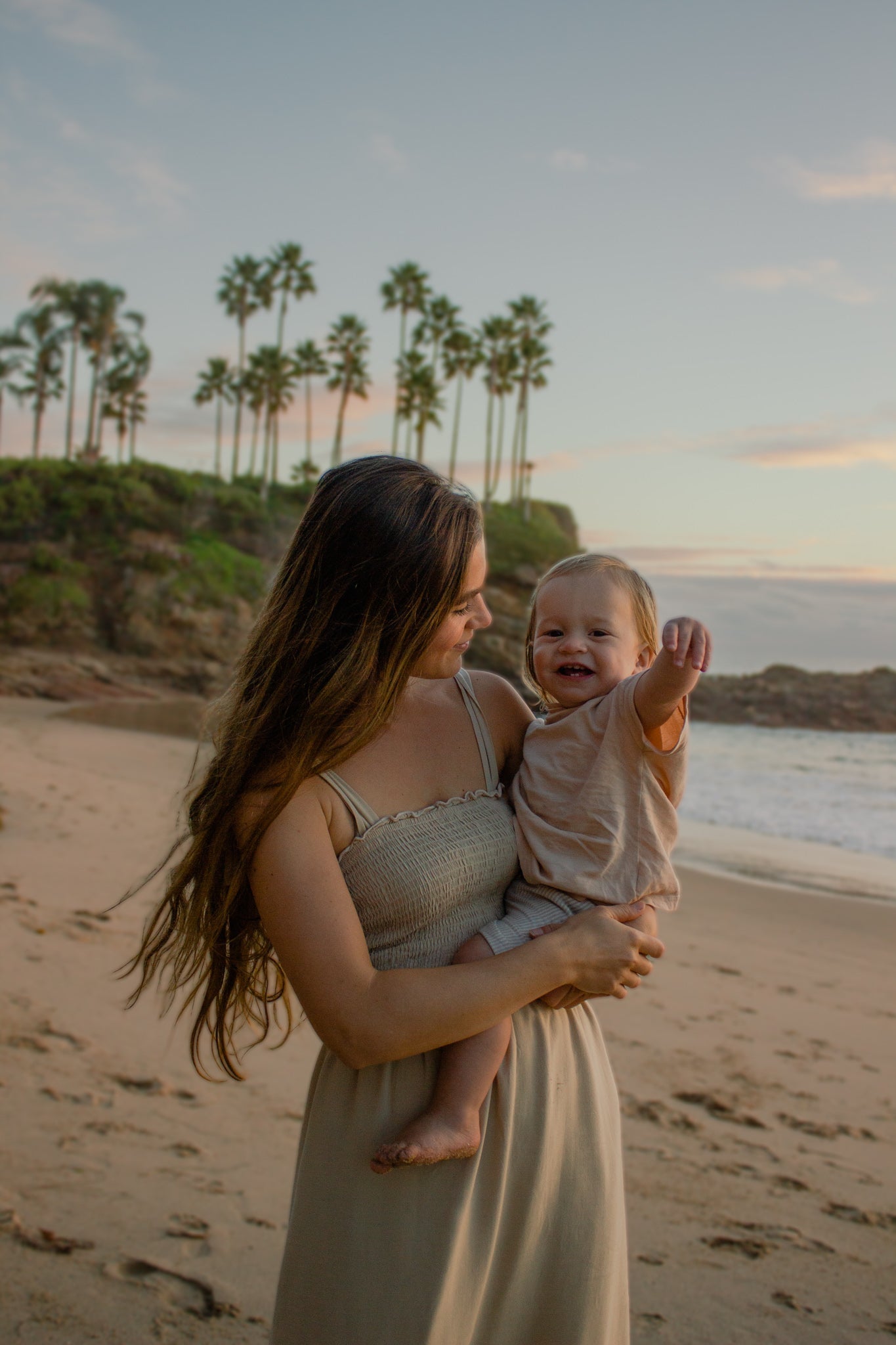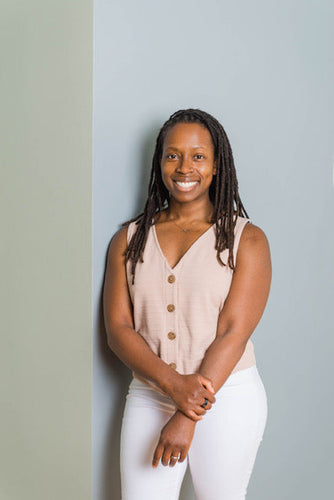MORGAN DIXON is a lactation specialist and on the Motherboard at Swehl. She is mother of two boys and her mission is to empower moms to thrive in postpartum.

Stinson Beach. It is my ultimate happy place. I had never been until moving up to Marin two years ago, and in the search for an activity to do with my two boys I stumbled upon Stinson. The beaches in Northern California are all stunning, but there is something particularly magical about driving over the hill and catching the first glimpse of Stinson, where the mountains literally meet the sea. There is an intoxicating scent of ocean mist and redwood bark that blows in the breeze, the sand is white and soft, and the little beach town is totally idyllic. Needless to say, I am a huge fan. Hoping to one day have a little beach cottage there to escape to.
Mmm. Thank you! Now that we feel grounded, let's get into your unique experience and expertise within motherhood. I would love to begin by saying I am so thrilled to see what Swehl is creating, offering, and changing in the motherhood space. Can you tell us a little about your journey with breastfeeding your little ones and how you came to be a lactation specialist at Swehl?Firstly, thank you so much for your kind words about Swehl. I feel lucky to be a part of the brand and I am so excited for all that is to come. When it comes to breastfeeding, I had two really beautiful journeys with both of my boys. After the birth of my first son, breastfeeding went super smoothly and it was maybe the first time in my life I just inherently trusted myself. What I noticed however, was that my experience did not seem to be the norm. I had several friends that gave birth around the same time I did, and breastfeeding was such a point of stress for them. I noticed so much underlying judgment and criticism from society and even their close circles, I was shocked, it almost seemed like people didn’t want them to succeed. We are told constantly that breastfeeding is the most natural thing in the world, but it actually requires a lot of education and support. So often in postpartum we are left to figure things out on our own, and feel that we can’t ask for help, and I really felt called to flip that narrative upside down. I went back to school to study lactation, which changed my life in the most wonderful way possible, and started my career in private practice before taking on a role at Swehl. I serendipitously met the founders a couple years ago and was immediately obsessed with their mission, concept, and the brand. The messaging around breastfeeding is so antiquated and doesn’t reflect the women that are having babies today. Swehl is completely flipping that narrative upside down with not only their products, but their rad educational and community platforms. I couldn’t be more excited to be a part of it.
I read that your goal is to empower mothers to thrive postpartum. Can you speak more to thriving vs surviving in postpartum? What does it really mean to thrive in this time? I love this expression.As mothers, we often have this programming to help everyone else before we help ourselves. However, if we are depleted, there is no way we can show up for those in our lives, especially our children, in the way we need to. Now, thriving will look different for every woman, but my goal is to first and foremost teach women to trust their intuition when it comes to mothering. Despite the constant noise we hear, you always will know what is best for your child. Just developing that level of self-trust alone can help calm your nervous system immensely. Survival mode is not where you want to be in motherhood. Being gentle with yourself, letting go of the guilt, and trusting that you are enough, are all key elements to thriving as a woman who is also now a mother. Of course adding in self care, and carving out moments for yourself are very additive, but without the core sense of self, these things can only do so much.
At Milky Oat, our mission is to nourish motherhood. What does nourish motherhood mean to you in your personal and professional experience?I think to nourish motherhood is to allow women to fully embody the maternal energy inside of them. We often feel this pressure to bounce back immediately, whatever that means, or to jump right back into our previous lives after we have a baby. Society doesn’t always honor mothers in the way it should and while it’s great that women are empowered now to do it all, sometimes, if we can, we need to do less and let ourselves enjoy the slow moments and stillness.
Food is the foundation for what we believe it means to be nourished in motherhood. As a holistic nutritionist yourself, what are your overarching thoughts on food in postpartum and what were your personal pillars for your own nourishment in your own postpartum experiences?Most importantly, I wholeheartedly believe that every human has bio-individuality and with food, it’s never one size fits all. That being said, I am a big believer in nutrient and mineral dense foods, especially in postpartum. I have studied pretty much every dietary theory, and tried many of them myself. When I had my first son, I was primarily vegan, with the exception of some occasional eggs or fish. I found that for me, I felt unbelievably depleted eating this way and was craving things like steak and oysters. The body is very smart and this is another place where we really need to tap into our intuition and trust what our body is telling us. I re-introduced very nutrient dense foods as well as things rich in iron and felt like a whole new person. Ancient cultures had very specific protocols for nourishing mothers after giving birth and there is so much wisdom in that. I tend to find mothers thrive when following a pro-metabolic approach to eating. Things like high quality red meats, bone broths, raw dairy, oysters,eggs and fresh fruit will help give the woman’s body all the tools to rebuild itself after birth.

Gosh, it’s a lot of things. First and foremost, it seems we are finally in a place where motherhood isn’t being treated as an elective, meaning more and more brands are aiming to fit seamlessly into women’s lives. For instance at Swehl, our goal was to create products that women actually wanted to use, made them feel cool and like themselves, but were also multifunctional and could be used beyond breastfeeding. Also, I think mothers collectively decided we’ve had enough of going at it alone. Yes, women can do it all, but why should we have to? Motherhood has sadly become an isolating experience, and for so long we have felt scared to ask for support or help, thinking it makes us less capable as a mother. It is really exciting to see the motherhood space really just start to bloom and for there to be actual infrastructure in place to build your community and support system through pregnancy and postpartum.
Can you tell us a bit more about Swehl Circles? In this modern digital age, how do new moms find community? Are these circles meant to offer the connection new moms can often lack? In your own experience in early motherhood, what did community mean to you?That’s exactly what these circles are meant to do! Community is intrinsic to Swehl, our founders Betsy and Elizabeth actually met in a mom group. Every mom wants to feel like she has a space where she feels seen and heard, yet this isn’t as easy to come by as you think. I know I definitely struggled to find my community after I had my oldest son. The other thing is, sometimes you want to have a level of anonymity when sharing your experiences of motherhood. It can be easier to be vulnerable and open when you are with a group of women who you don’t know. Swehl’s talk circles will do just that, provide an intimate setting with a small group of women, all there because they feel connected in some way to one of our many incredible guest hosts. I am really excited to kick these off. I think they are going to be a massive game-changer for what it looks like to build community throughout motherhood.
Thank you so much for all of your insight. I’d like to end with a final question on postpartum. On your perfect vision-board of the world, what old ways of thinking, antiquated products, and outdated care for postpartum and early motherhood can we leave behind going forward so that we may welcome in a more supportive and nutritive future of modern motherhood?To put it simply, I just want to be in a place where we all collectively honor women for what they can do, and make motherhood a part of that, not a separate entity or burden. I would love to see universal paid maternity leave, prenatal and postpartum support, like doulas and lactation consultants, covered by all insurance providers, and for the workplace to be more inclusive of breastfeeding mothers. Supporting parents and families is only ever additive, and I would be thrilled to see society and those in charge view that support as a necessity, not just an option.
